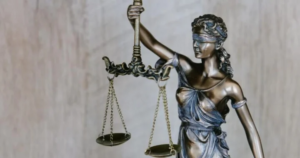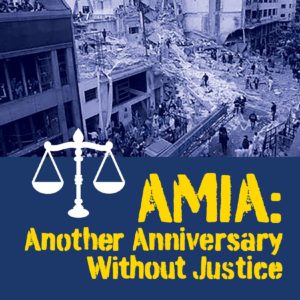BRADLEY — Bradley-Bourbonnais Community High School will be continuing staff training on issues of race and racism as well as extending opportunities for students to get involved next school year.
The BBCHS School Board voted 6-1 on Monday to approve the continuation of the high school’s partnership with Pacific Education Group, a consulting firm which focuses on racial equity in education.
The firm developed and teaches Courageous Conversation, a process to “understand and discuss race explicitly” and protocol for “effectively engaging, sustaining and deepening interracial dialogue,” according to the proposal.
The firm’s partnership with BBCHS began in the 2019-20 school year, starting with equity training for three groups of 80 staff members.
Tiffany Kohl, director of curriculum and instruction, said the continuation of this partnership would involve starting a new student group called SOAR, which stands for Students Organized Against Racism.
In SOAR, students would undergo training about the same topics of race and equity in collaboration with the adults at school; each session includes training for 80 people.
The total cost for the firm’s services for the 2021-22 school year totals $46,450.
However, the school is looking to use community and federal resources to fund the services, so there would be no cost to the district’s budget, Kohl said.
The BBCHS Foundation has agreed to contribute $14,000 through the Karr Foundation donation. The district is also working on a partnership with Meijer, as the company is looking to donate toward equity in the community, she said. The remaining costs can be covered by Title funding.
Kohl said the school hopes to gain student leaders who would serve on its various teams, the goal being that “the student voice is prevalent in our decision making.”
“What you saw from us for Black History month, we are hoping to come from students in this organization, so they plan it with the adults,” she said.
Board Vice President Michael O’Gorman, who voted against continuing the services, questioned whether there was any data showing results from the first year of consulting and if any other groups had been considered.
“Because this is such a big deal, such a sensitive topic, should it be a more in-depth analysis?” he said.
O’Gorman noted that the nature of consulting services is to have an ongoing economic component.
“It’s not just a one-and-done type of training, and we haven’t stood back and said what have we accomplished or what have we not accomplished with that, other than this vague sense of awareness,” he said.
Kohl said that while there was no quantitative data from the first round of training, the equity team has discussed surveying teachers before and after training to evaluate their mindsets on race and implicit bias.
She added that the firm was chosen because of its specific focus on education, its longevity in the field (having been founded in 1992), and the impactful nature of its approach.
“[This group] was chosen because of the way they talk about race; it allows for you to meet people where they are, and I think that that’s what this community needs,” Kohl said. I’ve lived in this community my whole life. I understand the dynamics of this community, and so I really do think this is the best protocol.”
She also noted that the ongoing training is about creating more systemic changes over time; for example, 8 percent of the school’s white students spend time in the in-school suspension room compared to 22 percent of Black students over the same four-year period.
“I had a student say to me, ‘Mrs. Kohl, you can’t tell me racism doesn’t exist at BBCHS; when I walk past LAC (Learning Adjustment Center), it’s full of black boys,’” she said. “That’s a student perception. So if our students are saying that to us, we are moved to act.”
Thomas Musgrave, a senior and the student representative on the board, said he has noticed teachers in his school have been more open lately to talking about racial issues.
“My freshman year, I can’t remember a single time when a teacher had a conversation about race,” he said. “This year, I think all my teachers did.”
Kohl also said teachers who participated in the book studies and diversity training at BBCHS have reported being more prepared to talk with family, friends and students about racial issues over the past year.
“I think it’s vital in a school community to bring that to our students,” she said. “What might it look like if we teach students how to have a courageous conversation about race without screaming, yelling and fighting on social media? To have a really thoughtful, fruitful conversation and give them that skill? That builds citizenship. That builds better citizens, and it makes this community better.”




